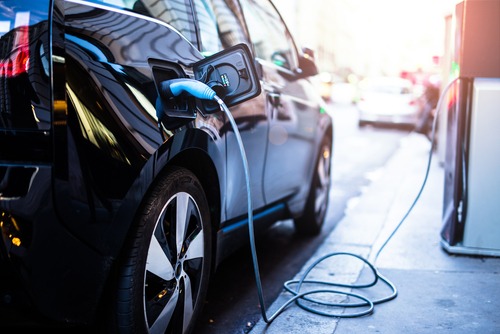
On Wednesday, U.S. Rep. Yvette Clarke (D-NY) introduced legislation that would create 200,000 electric vehicle (EV) charging stations in underserved and disadvantaged communities by 2030.
Called the Electric Vehicles for Underserved Communities Act, the legislation would direct the Department of Energy to establish an Electric Vehicle Charging Equity Program that would create 200,000 charging stations over the next decade. Companion legislation was introduced into the Senate by U.S. Sen. Cortez Masto (D-NV).
“Decarbonizing the transportation sector is a critical piece of how we tackle the climate crisis, and equity must be front and center in this conversation. Unless we are intentional in our actions, the communities that have the most to gain from an electrified transportation sector will also be among the last and least to partake in its benefits,” Clarke said.
The legislation would also focus relevant investment and resources towards the EV charging infrastructure, clean and multimodal transportation, and air quality improvement in those same communities. Additionally, the legislation would require the DOE to do a national assessment on the status of and challenges to the EV charging infrastructure deployment in those communities, as well as to compile and analyze state and local government policies used to incentivize EV charging infrastructure in those communities.
Clarke said that as the build-out of the EV charging infrastructure begins, equity concerns should be addressed from the onset to ensure underserved communities are not left behind. In addition to supporting personal vehicles, the charging stations will incentivize electric car-sharing and rideshare programs in areas that have received underinvestment in public transit.
“Communities of color have been disproportionately affected by the climate crisis,” Masto said. “So, climate solutions mustn’t leave them behind. Electric vehicles protect the health of our children by reducing both pollution and greenhouse gas emissions. I’m proud to introduce this bicameral legislation in the Senate so that Nevada’s underserved communities can benefit from electric vehicle charging infrastructure, and I’ll continue working in the Senate for a clean energy economy that benefits every Nevadan.”
The legislation is supported by 23 other members of Congress, as well as by several environmental and transportation organizations, such as the League of Conservation Voters, Zero Emission Transportation Association (ZETA), and Earthjustice.